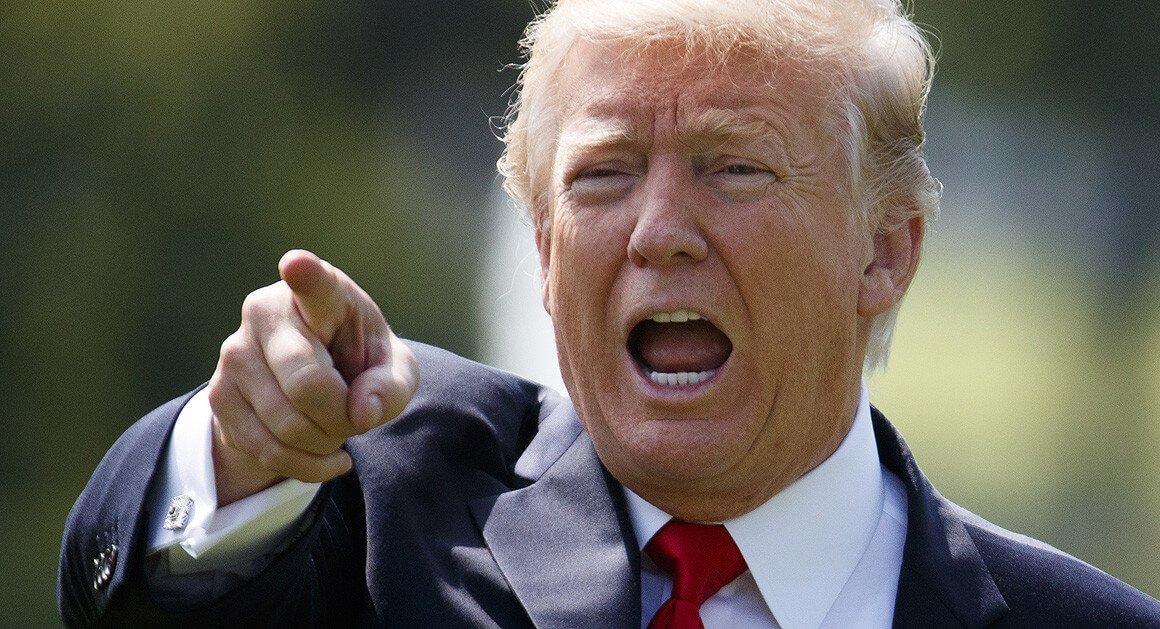President Donald Trump said Friday he will bar fast-growing social media app TikTok from the United States as American authorities have raised concerns the service could be a tool for Chinese intelligence.
US officials and lawmakers in recent weeks have voiced fears of the wildly popular video platform being used by Beijing for nefarious purposes, but the company has denied any links to the Chinese government.
Media reports circulated earlier Friday saying that Trump would require the US operations of the app be divested from its Chinese parent firm ByteDance, but the president announced a ban.
Speaking to reporters on Air Force One, Trump said: “As far as TikTok is concerned, we’re banning them from the United States.”
He added he would take action as soon as Saturday using emergency economic power or executive order.
Trump’s move comes following a review by the Committee on Foreign Investment (CFIUS) in the United States, which investigates deals affecting US national security.
TikTok, especially popular with young audiences who create and watch its short-form videos, has an estimated billion users worldwide.
Queried by AFP, TikTok declined to comment on the reports of the forced sales, saying only: “We are confident in the long-term success of TikTok.
“Hundreds of millions of people come to TikTok for entertainment and connection, including our community of creators and artists who are building livelihoods from the platform.”
The firm this week pledged a high level of transparency, including allowing reviews of its algorithms, to assure users and regulators.
“We are not political, we do not accept political advertising and have no agenda — our only objective is to remain a vibrant, dynamic platform for everyone to enjoy,” TikTok CEO Kevin Mayer said in a post this week.
“TikTok has become the latest target, but we are not the enemy.”
The popularity of the platform surged after ByteDance acquired US-based app Musical.ly in 2017 and merged it with its own video service.
James Lewis, head of the technology policy program at the Center for Strategic and International Studies, said he believes the security risk of using TikTok is “close to zero” but that ByteDance could face pressure from China to engage in censorship.
“It looks like ByteDance may be getting squeezed by Beijing, so making them divest makes sense,” Lewis said. “They could start censoring stuff.”
Lewis said US authorities under CFIUS have the power to unwind an acquisition previously approved and that similar action was taken in 2019 with the dating app Grindr after it was bought by a Chinese firm.










